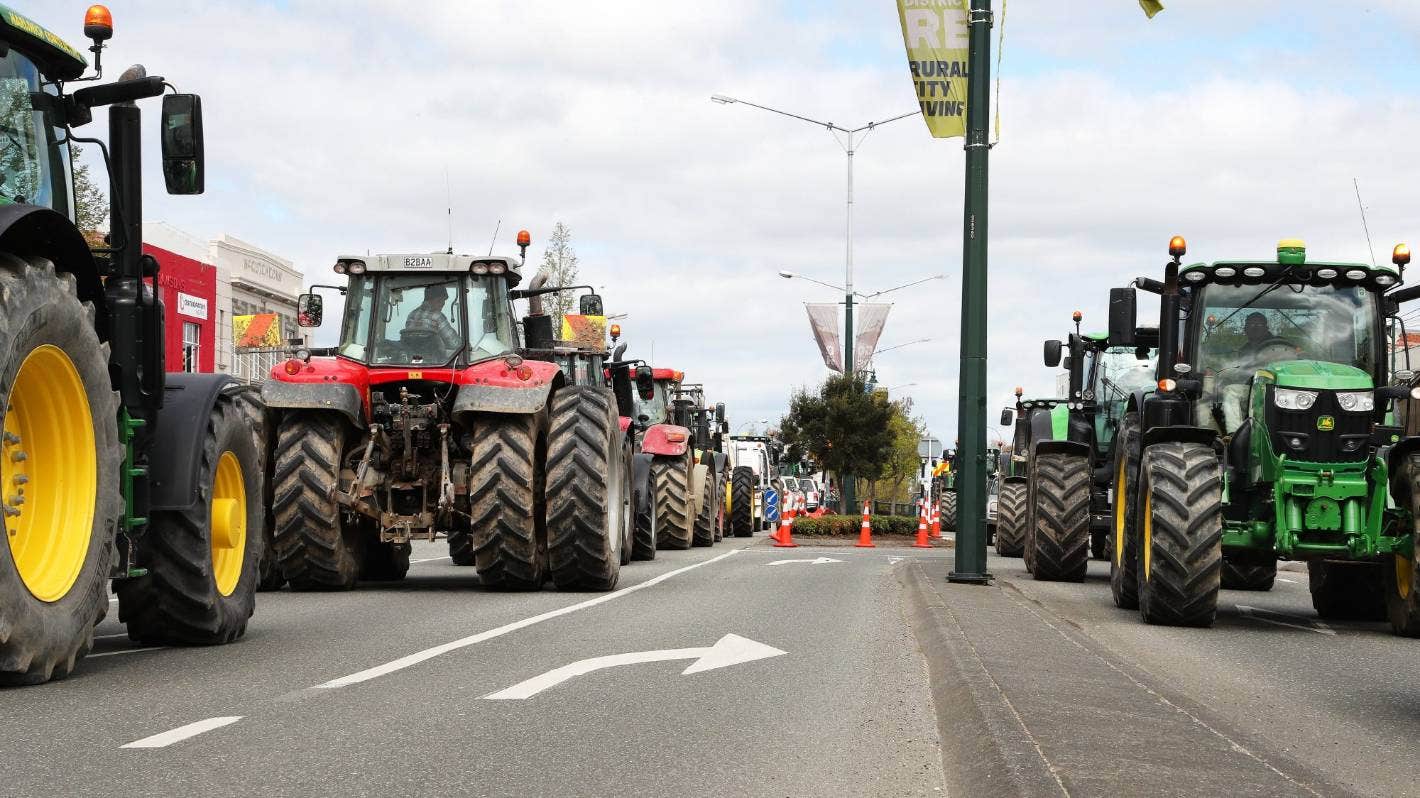OPINION
Owen Jennings
Owen Jennings is a former ACT MP.
“Dear sir, your tax bill this year is $15,000. Please pay immediately. Kind regards IRD”.
Imagine getting that demand, out of the blue. One of your first questions would most certainly be, “Just how much income are you assessing that on?”
What if the answer was, “We don’t know. It is a guess.” Idiotic, you claim? No that is what farmers are facing as a tax bill on their methane emissions. No one knows how much warming a farm contributes. They don’t even know how much methane a farm produces. Some farms have had three different assessments done – all very different.
Our farms use a lot of CO2, drawing it from the atmosphere for photosynthesis to turn it into grass. It runs into tonnes per day but no one can tell any farmer how much. You would think that simple matter would be a high priority for farm leaders, scientists and government.
To add to this confusion farmers are told some official figures are not necessarily precise calculations – they may be 40–50% out. That does nothing for confidence.
Yet, we are told farmers need to take responsibility for their emissions and pay up. There are senior processing industry personnel claiming that farm products from New Zealand are under threat because we are not taking measures against methane emissions. The same leaders have never told these buyers that New Zealand farms have the lowest carbon footprint of any food producing nation and by a margin of 40%.
Adding to the confusion among farmers is the Paris Agreement signed in 2015. The Third World and food importing countries banded together and demanded that the United Nations IPCC not allow emissions policies to threaten food production. It was a clear clause in the agreement signed by all participants. Farmers are pushed hard to honour other parts of the Paris Agreement but everyone is silent on this vital clause.
Government officials and industry economists figured out that taxing methane emissions would slash meat and wool production by at least 20% and a great deal more if the carbon price reached the heights demanded by green interests. How is that not a direct contravention of an international treaty?
We feed forty million people. Who is going to feed them if our farm industries get decimated? The obvious answer is that it will be a country with a much higher carbon footprint so the planet would go backwards. More idiocy.
Farmers note that there is enough tin in the bin to subsidise corporates and wealthy overseas funds to come here and plant trees so they will soak up CO2 yet they are being asked to pay tax on the CO2 they soak up growing grass every day. These subsidised entities can afford to pay almost double per hectare what an aspiring young farmer could afford. Thousands of hectares have gone into trees with a negative effect on rural communities and our export receipts.
Meanwhile, farmers watch video presentations by some of the world’s leading physicists and climate scientists telling them that for every methane molecule trying to slow heat radiating back into space there are 12,000 to 15,000 molecules of H2O doing the same job but with much greater space to do so. The scientists are quite derisory of the claim ruminant methane could ever be deemed a problem. They show that it is impossible to measure any impact on temperature caused by our sheep and cattle even if you collected and added data for one hundred years. The very obvious and undisputed fact is that warmists simply ignore H2O as being the dominant greenhouse gas and refuse to discuss the electromagnetic spectrum where the interactions between outgoing heat and gas molecules take place.
The big question being asked down at the local is, “Will Luxon, Peters and Seymour turn this idiocy around?” Luxon’s regular shmoozing with media indicates he is well and truly caught up in the woke story that farmers are causing up to half our emissions and we need to pull our weight. Will he listen to reason and facts?

